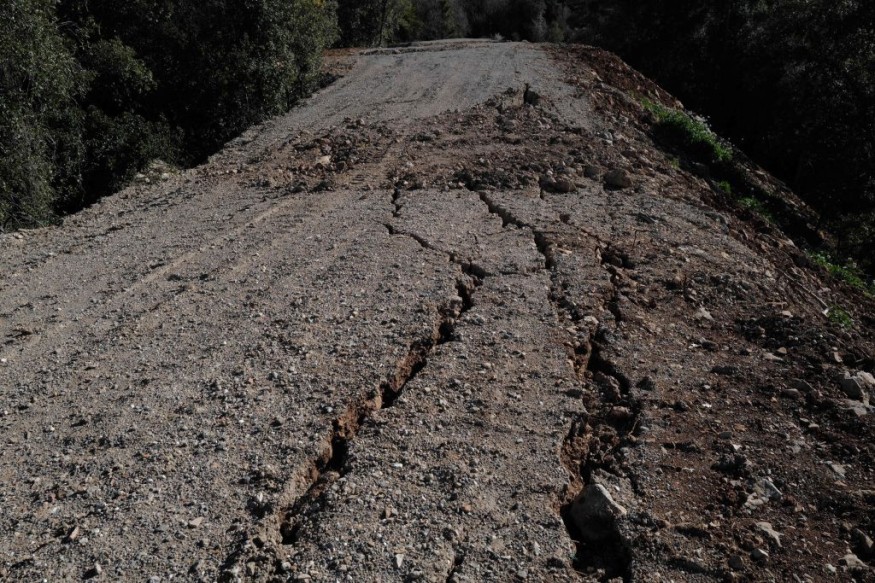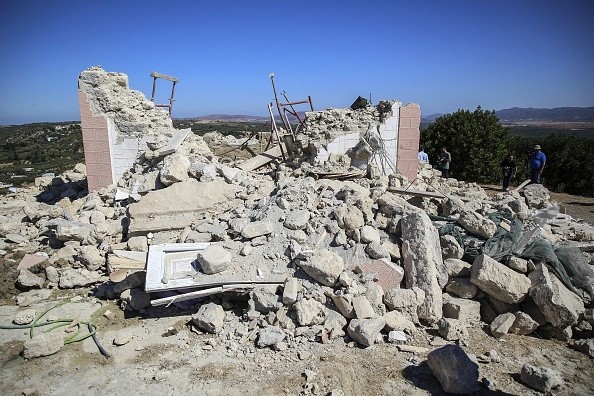According to LiveScience, archeologists have discovered evidence of the greatest earthquake in human history, which generated a 5000-mile-long megatsunami that wreaked havoc on coasts for millennia.

Ancient Earthquake
In a research published in the Science Advances journal, the 9.5 magnitude earthquake struck northern Chile roughly 3,800 years ago.
According to the research, the earthquake was a megathrust earthquake, when one tectonic plate is shoved beneath another. Tsunamis are frequently produced by these earthquakes, which are often more damaging than the earthquakes themselves.
The report stated that the earthquake triggered a massive tsunami that spawned 66-foot-high waves that swept from northern Chile to New Zealand.
Strong Quake
According to the University of Southampton, the tsunami smashed car-sized stones up to 620 kilometers inland, rendering neighboring shores unusable for 1,000 years.
In a statement, Professor James Goff of the University of Southampton stated that archeologists discovered evidence of coastal deposits "quite high up and a long distance inland." "So it wasn't a storm that brought them there," he continued.
According to LiveScience, archeologists discovered ancient stone buildings created by people beneath tsunami deposits on Chile's northern shore.
The structures were lying backward, facing the sea, indicating that the tsunami's backwash had flipped them over. In a statement, Goff said that "the local populace there was left with nothing."
"Our archaeological investigation revealed that a massive social upheaval occurred when people relocated inland, out of the way of tsunamis," Goff concluded. "It took over 1,000 years for humans to return to living along the shore, which is an incredible amount of time considering they relied on the sea for sustenance."
Uncovering Rubbles
After Goff and his research team uncovered many stones, some the size of automobiles, far inland on New Zealand's Chatham Island, the study was able to infer that the tsunami had reached Australasia. According to the report, the stones were discovered after the earthquake at about the same time.
"We argued in New Zealand that a tsunami could have only moved such stones from northern Chile and that the earthquake would have to be around a 9.5 magnitude to create it," Goff said in the statement. "And now we've discovered it."
"Greatest Earthquake Ever"
The greatest earthquake ever recorded happened in 1960, according to previous research. The magnitude of the Valdivia earthquake, which hit southern Chile, was estimated to be 9.4-9.6. It triggered a tsunami that hit Hawaii, killing up to 6,000 people.
Earthquake

An earthquake occurs when the Earth's crust suddenly releases strain energy, causing waves of shaking to radiate outwards from the earthquake source. When tensions in the crust surpass the rock's strength, it cracks along weak lines, either an old or new fault plane. The focus or hypocentre of an earthquake is a deep location within the ground that might be many kilometers deep. The earthquake epicenter is the place on the surface directly above the focal.
What To Do During Earthquakes
You can protect yourself in most circumstances if you immediately:
DROP
Before the earthquake knocks you out, go down on your hands and knees. This stance keeps you from falling while still allowing you to maneuver if necessary.
COVER
your head and neck (and, if feasible, your entire body) behind a strong table or desk. If there isn't any other place to go, lie down against an interior wall or low-lying furniture that won't fall on you and cover your head and neck with your arms and hands.
HOLD
until the shaking stops (or until your head and neck are safe). If the shaking causes your shelter to shift, be ready to move with it.
Related Article ': Silent' Tsunamis Come Along With Recent Intense Volcanic Eruptions
For similar news, don't forget to follow Nature World News!
© 2025 NatureWorldNews.com All rights reserved. Do not reproduce without permission.





